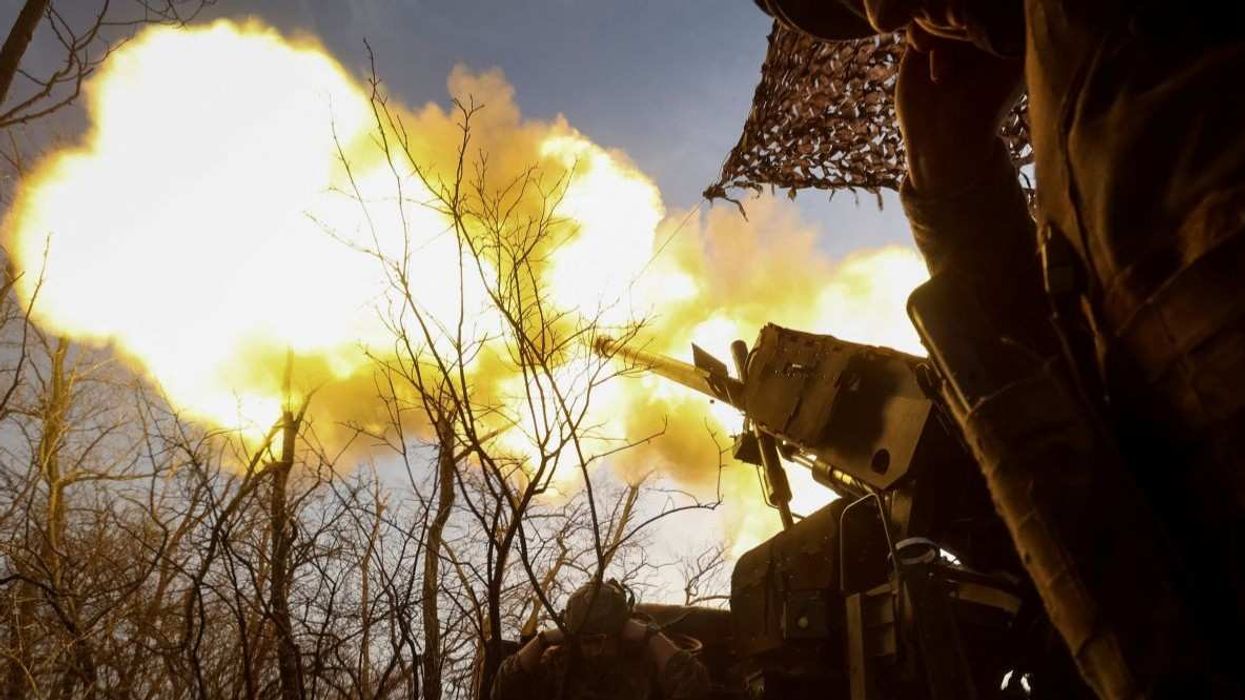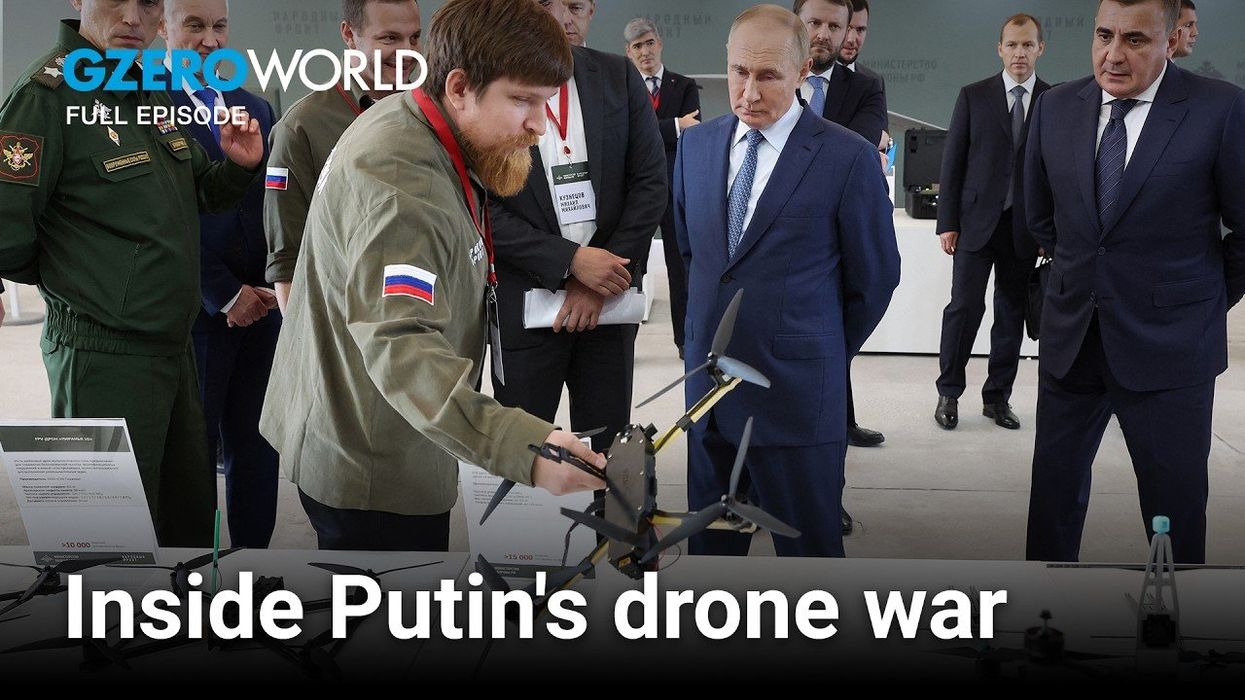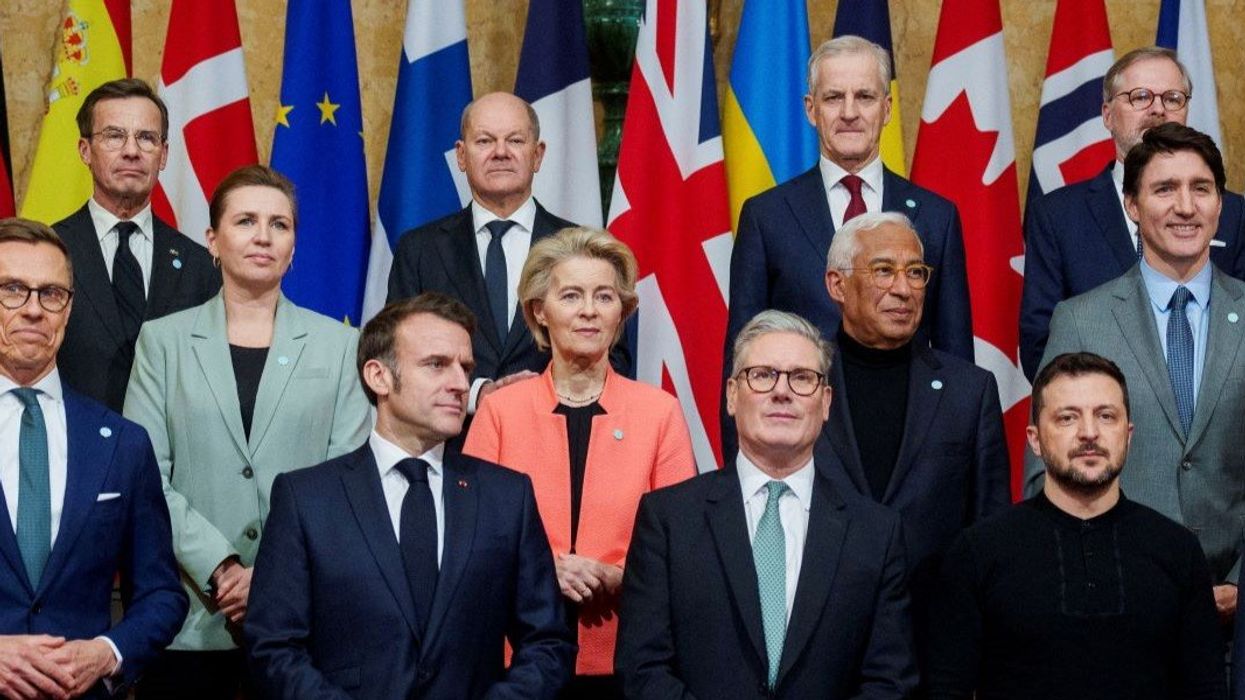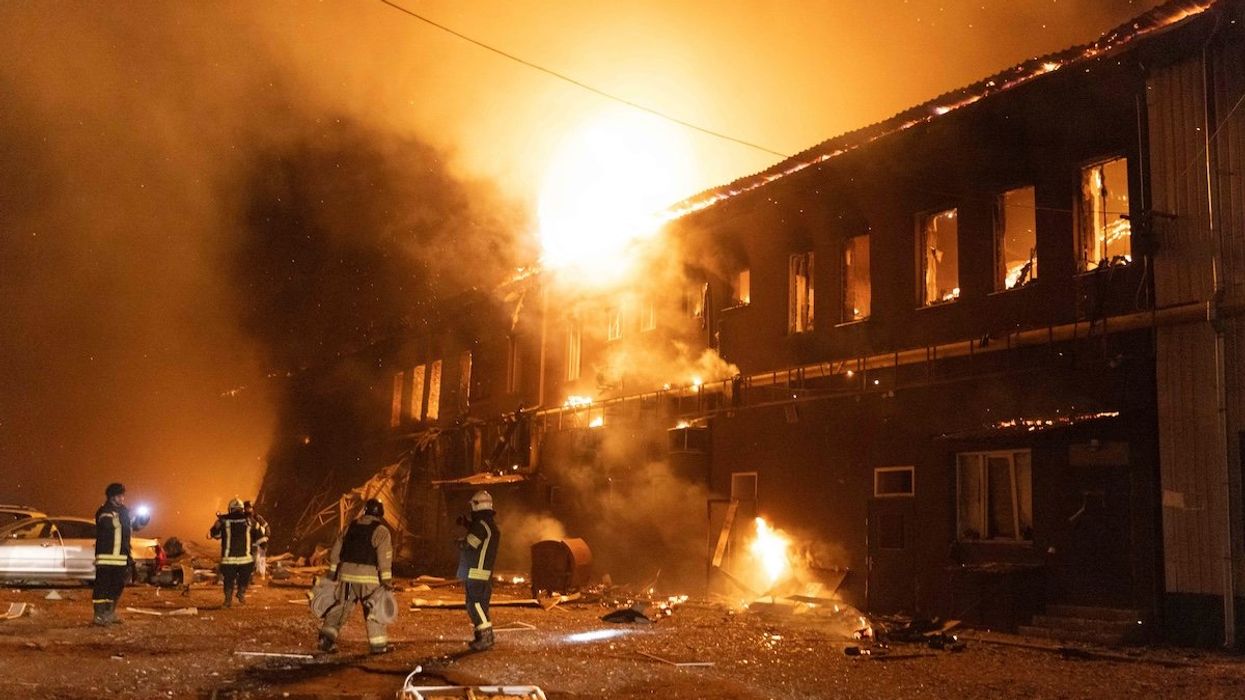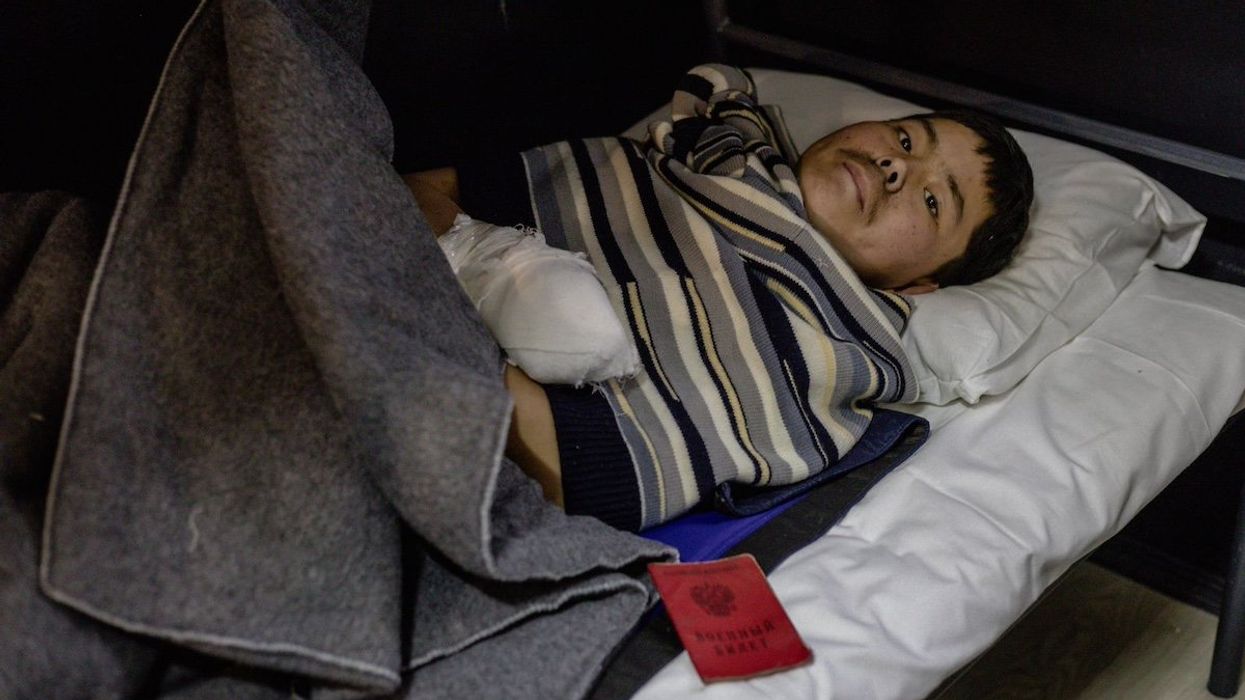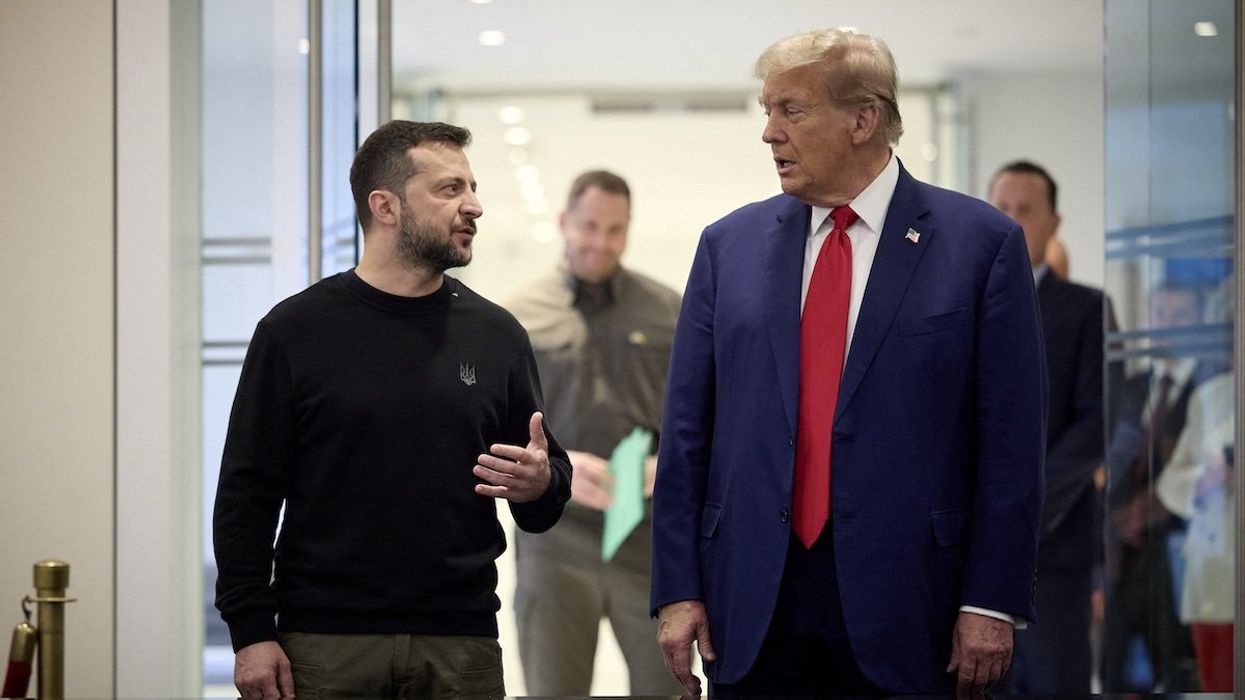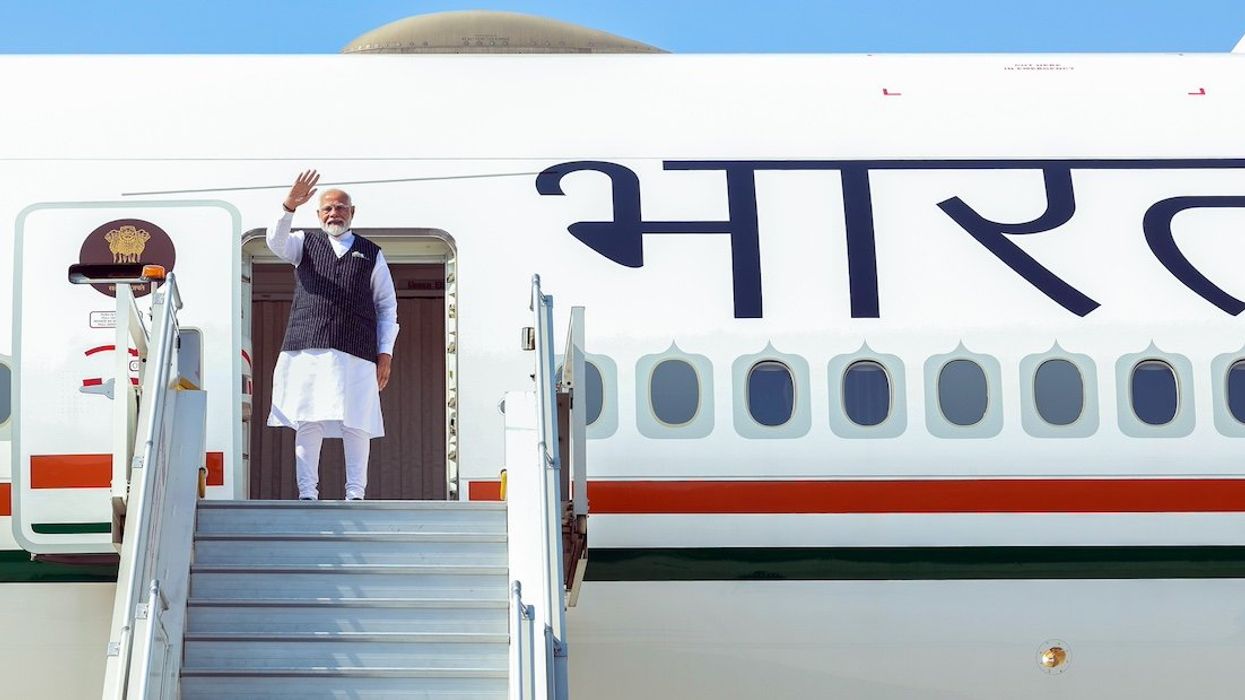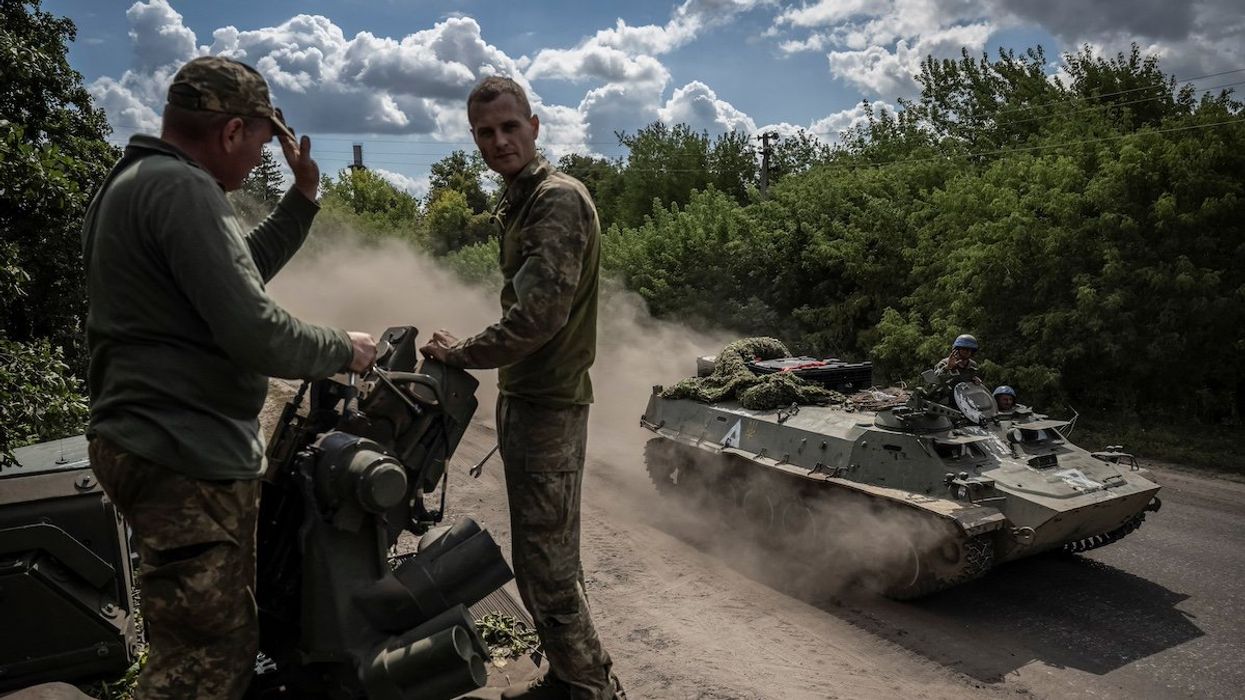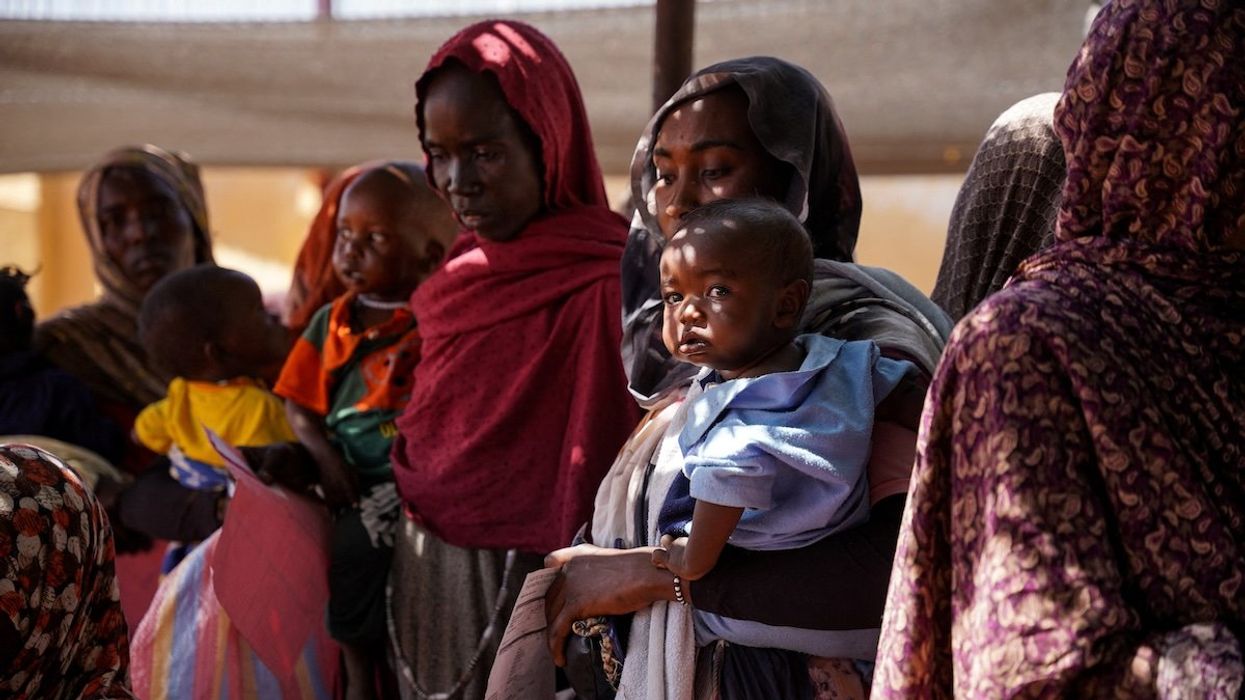What We're Watching
What We’re Watching: Russia-Ukraine peace deal, Rough weekend for Brazil, Mass school abductions in Nigeria
After facing backlash that the US’s first 28-point peace deal was too friendly towards Russia, American and Ukrainian negotiators drafted a new 19-point plan on Monday.
Nov 24, 2025
